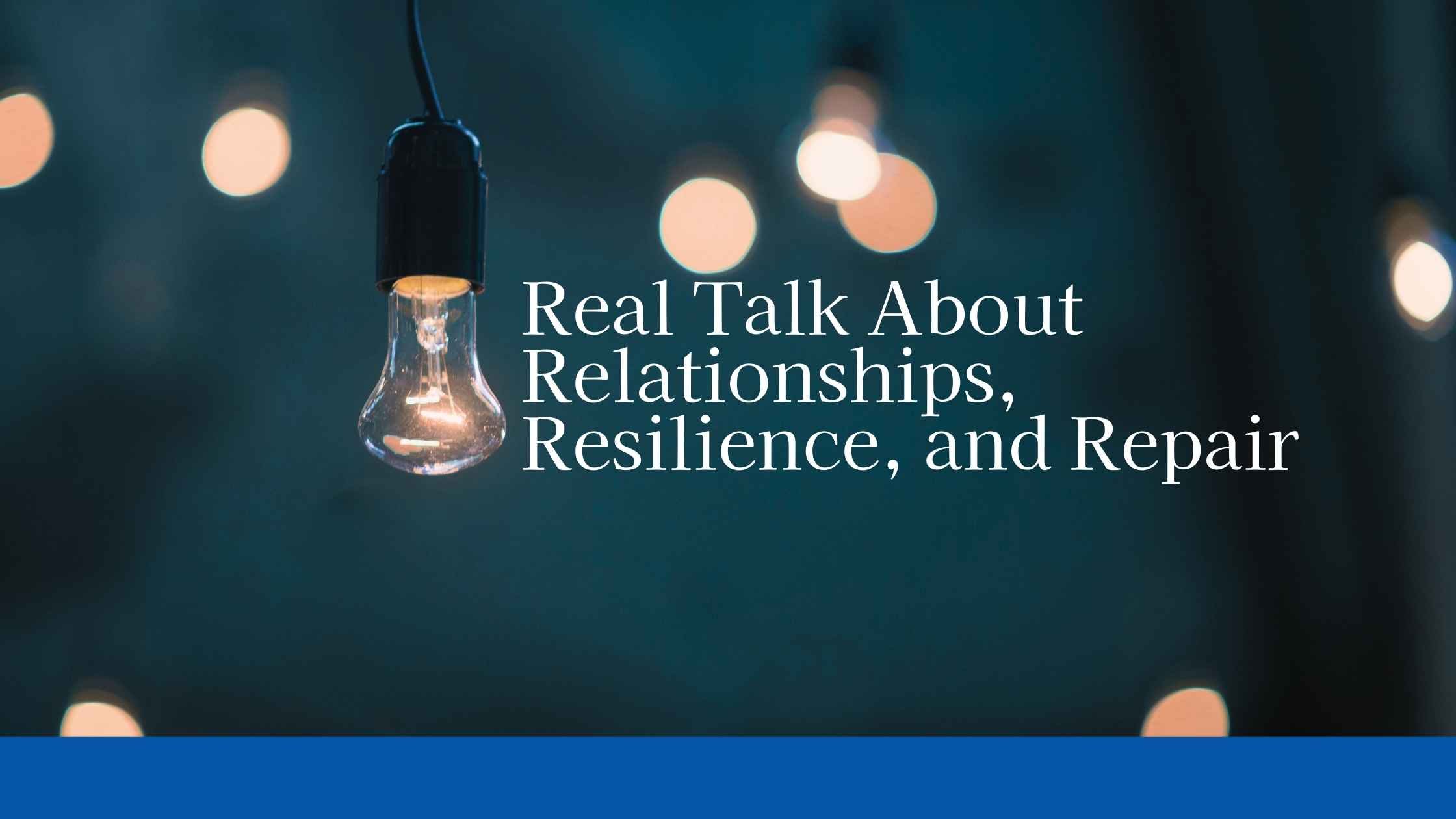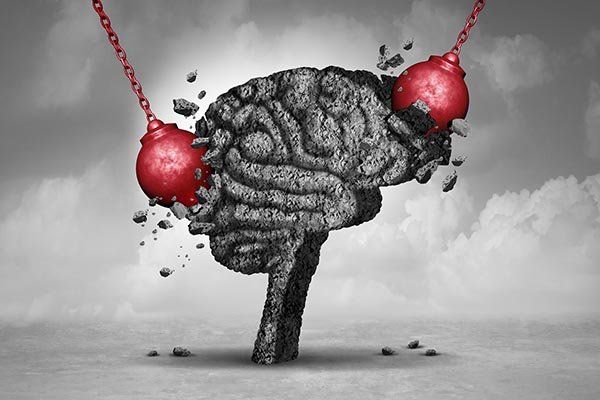
Blog

Family Disclosure After Betrayal: Why It Matters and How to Do It Well
Family disclosure helps families name what’s been hidden and rebuild connection after betrayal or harm. This blog outlines the purpose, process, and pacing of disclosure—including how to speak to children and what to expect next.

The Healing Power of “No” After Betrayal
In the wake of betrayal, boundaries help restore safety and dignity. This post explores how “no” can be a healing force for betrayed partners—not rejection, but protection.

Porn in the Shadows: When Sexual Shame and Secrecy Undermine Intimacy
Secret pornography use can leave couples feeling hurt, confused, and sexually disconnected. In this post, we explore how sex therapy helps partners understand the deeper dynamics at play—shame, secrecy, unmet needs—and move toward honest, healing intimacy. You’re not alone, and healing is possible.

Boundaries Are Not Rejection: How Couples Can Stay Close Without Enmeshment
Boundaries help couples stay close without losing themselves. This post explores how limits create safety, reduce resentment, and strengthen real emotional intimacy.

Emotional Attunement in Action: Mirror Neurons and Gottman’s Love Maps
Emotional attunement isn’t just a skill—it’s a brain process powered by mirror neurons. This blog unpacks how Gottman tools help couples rebuild empathy, resonance, and connection.

Are You Really There for Me? The Attachment Questions Every Partner Asks
Couples often struggle because deep emotional questions go unspoken. This post explores how attachment needs shape conflict, connection, and repair—and how therapy helps partners tune in and turn toward each other.

Navigating the Shame Cycle in Sex Addiction Recovery
The shame cycle fuels secrecy and relapse in sex addiction recovery. Discover how to break that pattern and begin healing with honesty, support, and compassion.

Regulating Together: How Co-Regulation Supports Secure Attachment
When the nervous system is stuck in fight or flight, emotional safety feels out of reach. This post explores how co-regulation and neurofeedback help couples stay present and connected—even during conflict.

Healing Sexual Intimacy After Addiction Recovery
Healing sexual intimacy after sex addiction recovery requires more than abstinence—it requires rebuilding emotional attunement, trust, and true connection. Learn how therapy helps couples move beyond compulsive patterns into healthy, resilient intimacy.

Attachment Behaviors in the Family: What Kids Mirror Back to Us
When kids act out, it’s often a reflection of deeper relational patterns in the family. This post explores how attachment behaviors show up at home and how family therapy supports healing for both children and caregivers.

Your Nervous System on Overdrive: Calming the Anxiety That Fuels People-Pleasing
People-pleasing isn’t about being nice—it’s often a nervous system response to anxiety and fear. Learn how neurofeedback helps calm your brain, restore balance, and empower real connection.

The Hidden Habit: Understanding Pornography as a Compulsive Pattern in Marriage
Secret pornography use often points to deeper struggles with sex addiction and leaves partners reeling from betrayal. In this post, we explore the compulsive cycle, the impact on the relationship, and how recovery can begin—for both individuals and the coupleship. Healing is possible with the right support.

Creating Safety After a Fight: Gottman Tools for Repair and Reconnection
What happens after a fight matters more than the fight itself. This post explores Gottman tools that help couples repair emotional safety and restore connection after rupture.

One Day. One Weekend. One Turning Point. Intensives.
Therapy intensives offer a breakthrough when weekly sessions aren’t enough. Learn how this focused, accelerated format can help you move from stuck to supported in one powerful step.

Attachment Wounds Aren’t Just from Childhood: How They Show Up in Your Marriage
Attachment injuries can form in adult relationships when emotional needs are missed or dismissed. This post explores how these wounds show up in marriage and how therapy helps couples repair and reconnect.

Your Brain on Betrayal: Why Neurofeedback Can Support Trauma Recovery
Betrayal trauma rewires your brain for survival. Neurofeedback helps restore emotional balance, reduce anxiety, and create space for healing—without needing to talk through it all.

When Good Intentions Backfire: Common Pitfalls That Reinforce Old Patterns in Recovery
Even with the best intentions, couples recovering from sex addiction and betrayal trauma can fall into patterns that hinder healing. This post highlights common pitfalls and offers insights to foster genuine relational growth.

What the Betrayed Partner Needs You to Understand (Even If You’re Working Hard to Change)
Even if you’re doing the work to get better, your partner may still be in pain. This post explores what betrayed partners need you to understand in the early stages of healing, especially when your progress doesn’t match their emotional reality. Understanding this mismatch is key to building long-term trust.

What the Addicted Partner Needs You to Understand (And What They Might Not Know How to Say)
Betrayed partners aren’t the only ones hurting—this post helps unpack what many addicted partners wish they could say, and why understanding their inner experience can help couples heal relationally.

Healing Together After Betrayal: Why Sex Addiction Recovery and Betrayal Trauma Require Two Perspectives
Healing from betrayal trauma and sex addiction recovery require more than individual work. This post explains why both partners' perspectives matter—and what can happen when recovery is one-sided.
